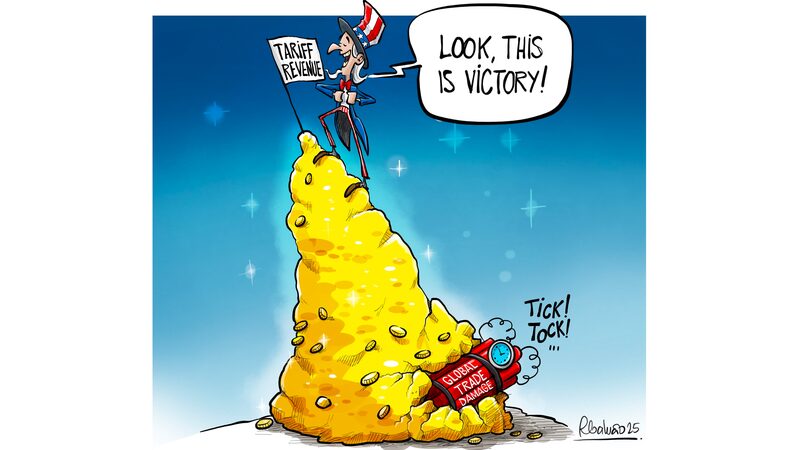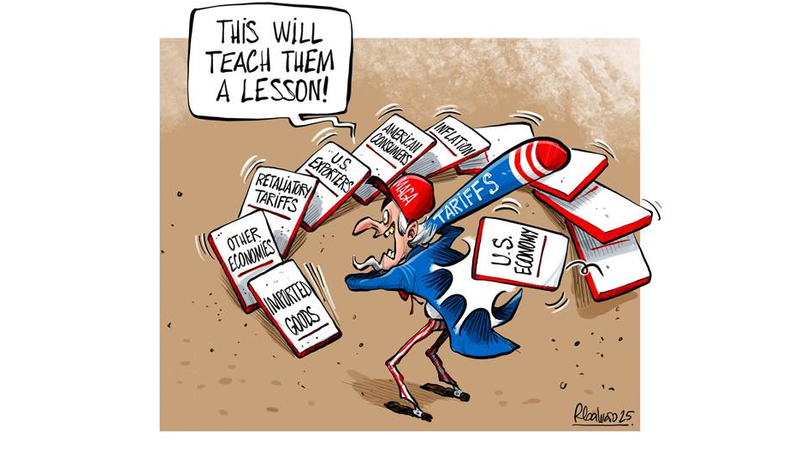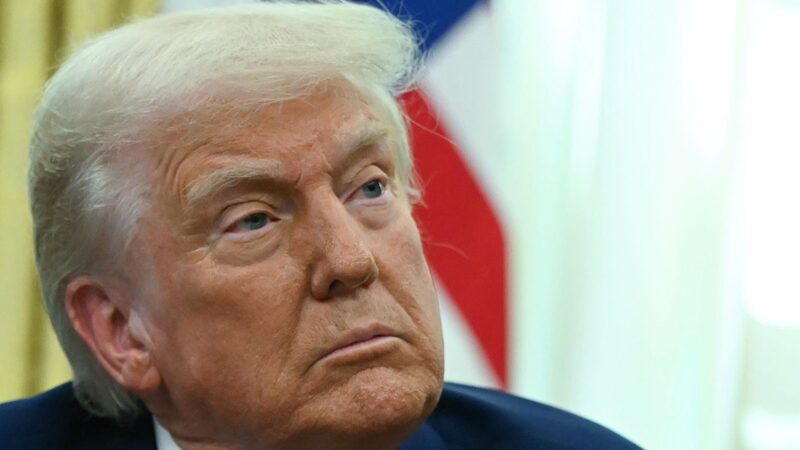Recent U.S. tariff measures, framed as a bid to boost competitiveness, have sparked global economic turbulence, with repercussions extending to American households and businesses. Despite a 90-day pause on some tariffs, retaliatory actions by China, the EU, and others underscore a deepening rift in international trade relations.
Domestic Strains Amplify
U.S. tariffs coincide with sluggish domestic growth. The Institute for Supply Management’s Manufacturing Index dropped to 49% in March 2025, signaling contraction. Federal agency layoffs and rising production costs further strain consumers. Analysts warn imported cars could cost up to $20,000 more, while food and goods face inflationary pressures.
Global Supply Chains Disrupted
The integrated nature of supply chains means higher tariffs on Chinese goods directly raise costs for U.S. manufacturers. Columbia Business School’s Shang-Jin Wei notes declining profits for exporters and reduced purchasing power for households, countering claims of trade deficit reduction.
A Self-Defeating Strategy?
Retaliatory measures, including China’s 84% tariffs on select U.S. goods and EU countermeasures, risk fragmenting global trade frameworks. Experts argue such policies harm U.S. economic stability while failing to address core issues like stagflation and job market contraction.
As tensions escalate, the broader question remains: Can protectionism safeguard growth, or does it deepen the vulnerabilities it seeks to fix?
Reference(s):
Why will U.S. tariffs hurt all economies including that of the U.S.?
cgtn.com








